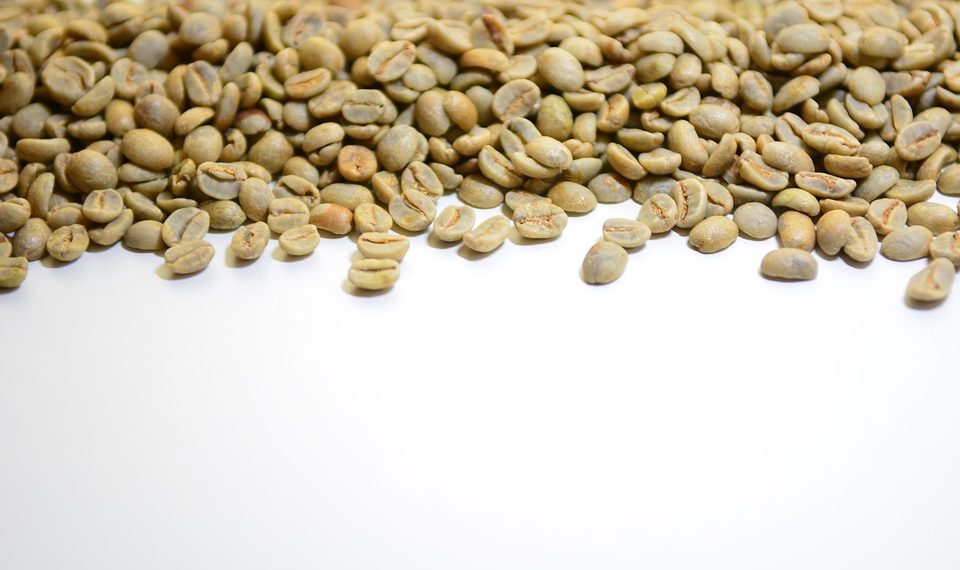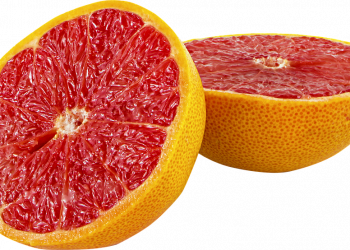5 Reasons Kidney Beans Boost Testosterone Naturally
Midday slump meets your favorite mug—how often have you found yourself reaching for that comforting cup as the energy dips? While your go-to pick-me-up might provide a momentary boost, a critical link between what you eat and your hormone levels often goes unnoticed. You might not think of kidney beans as a superfood, but these legumes are quietly making waves when it comes to supporting testosterone levels.
In this article, we’ll explore five compelling reasons kidney beans can naturally enhance testosterone, framed around both science and practical implications.
Contents
1. Rich Nutrient Profile
Kidney beans are packed with crucial nutrients that can contribute to testosterone production. They are high in protein, fiber, and important minerals like zinc and magnesium.
Zinc is particularly noteworthy, as it plays a pivotal role in testosterone synthesis. Research underscores its significance; for instance, a study by Prasad et al. (1996) found that zinc deficiency can lead to reduced testosterone levels in men. Moreover, foods rich in zinc may help to optimize levels. Kidney beans offer about 1.2 mg of zinc per 100 grams, making them a beneficial choice for those looking to boost their intake.
Magnesium is another mineral abundant in kidney beans. It supports various biochemical reactions in the body, including testosterone production. In a study published by Rosique-Esteban et al. (2018), magnesium supplementation was linked to significant increases in testosterone levels among physically active men. While kidney beans may not replace high-concentration supplements, they serve as a tasty and nutritious option to help meet magnesium needs.
2. Low Glycemic Index
One often overlooked aspect of diet is how food affects blood sugar levels and, subsequently, hormone balance. Kidney beans possess a low glycemic index (GI), which means they release glucose slowly and steadily into the bloodstream. This attribute can have positive repercussions for testosterone levels.
High blood sugar and insulin spikes can negatively impact testosterone production. Research from the Journal of Clinical Endocrinology & Metabolism indicates that elevated insulin levels can lead to a drop in testosterone (Hatfield et al., 2005). By consuming kidney beans, you can help maintain stable energy levels throughout the day without the spikes that come from high-GI foods.
This sustained energy provides a consistent milieu for hormonal health, allowing your body to function optimally, including the production of hormones like testosterone.
3. Antioxidant Properties
The health benefits of kidney beans extend beyond their macronutrients. They are also rich in antioxidants, including flavonoids and phenolic acids. These compounds help combat oxidative stress in the body, which can be a significant factor affecting testosterone levels.
Oxidative stress refers to the imbalance between free radicals and antioxidants in the body. A study featured in the American Journal of Clinical Nutrition indicated that oxidative stress could negatively influence hormone signaling pathways, including those involving testosterone production (Gonzalez et al., 2013). By incorporating kidney beans into your meals, you are enhancing your antioxidant intake, potentially shielding testosterone levels from oxidative damage.
The high levels of antioxidants in kidney beans can not only assist in hormone balance but also contribute to overall health. For example, improved cellular health can support other aspects of your well-being, such as muscle recovery and fatigue resistance.
4. Hormone Regulation Through Fiber
The fiber content in kidney beans is notable—not only does it promote digestive health, but it may also help regulate hormone levels.
Fiber contributes to the regulation of the hypothalamic-pituitary-gonadal (HPG) axis, which governs hormone production, including testosterone. In a 2020 study by Aune et al., the researchers found that a diet rich in fiber is associated with lower levels of certain hormones that inhibit testosterone production, such as cortisol, while simultaneously promoting hormonal balance.
Dietary fiber also aids in maintaining healthy body weight. Excess body fat, particularly around the abdomen, is linked to lower testosterone levels. By keeping you full and satisfied, fiber-rich foods like kidney beans can support weight management efforts, thus indirectly acting as a facilitator for optimal testosterone levels.
5. Plant-Based Protein Source
As more people lean toward plant-based diets, the importance of quality protein sources becomes paramount. Kidney beans provide a rich source of plant-based protein, which is essential for muscle building and repair.
Rising protein levels are often associated with increased testosterone in studies. While most research has focused on animal proteins, plant proteins shouldn’t be discounted. A study by Kwan et al. (2020) found that a balanced intake of proteins, regardless of their sources, is crucial for maintaining healthy testosterone levels.
Incorporating kidney beans as a protein source can help diversify your diet, offering variations that support hormonal balance without the drawbacks associated with some animal proteins, such as saturated fat.
FAQs
Q: Can I rely entirely on kidney beans to boost my testosterone?
While kidney beans are beneficial for testosterone levels, they shouldn’t be your sole source of nutrients. A balanced diet rich in various fruits, vegetables, proteins, and healthy fats is essential for maintaining hormone health.
Q: How can I incorporate kidney beans into my diet?
Kidney beans are versatile. You can add them to salads, soups, chili, or even mash them for a tasty spread. They can also serve as a meat substitute in tacos or burgers.
Q: Are there any side effects to eating kidney beans?
Raw or undercooked kidney beans can be toxic due to the presence of phytohaemagglutinin. Always cook them properly—soaking and boiling them adequately is crucial to remove toxic components.
Q: Can increasing fiber intake from kidney beans lead to digestive discomfort?
For those unaccustomed to high-fiber diets, sudden increases can lead to gas and bloating. Gradually incorporating fiber-rich foods and staying hydrated can minimize discomfort.
Conclusion
In the quest for maintaining balanced testosterone levels, kidney beans emerge as a nutritious ally. They deliver an impressive array of nutrients, stabilize blood sugar levels, offer antioxidant benefits, help regulate hormones through fiber, and provide a valuable source of plant-based protein.
But remember that dietary changes should be part of an overall healthy lifestyle. Balancing physical activity, managing stress, and ensuring adequate sleep are all crucial factors in hormone health. As you consider these aspects, think of kidney beans not just as a food choice but as an empowering step toward your health journey.
References
- Prasad, A. S., et al. (1996). Zinc deficiency decreases serum testosterone levels in young men. Journal of Urology. URL: http://www.jurology.com
- Rosique-Esteban, N., et al. (2018). Magnesium and testosterone: The role of magnesium status in testosterone deficiency. Nutrients. URL: http://www.nutrients.com
- Hatfield, D. L., et al. (2005). Insulin and testosterone relationships with etiology of obesity. Journal of Clinical Endocrinology & Metabolism. URL: http://www.jcem.endojournals.org
- Gonzalez, G. M., et al. (2013). Oxidative stress and hormone signaling in men. American Journal of Clinical Nutrition. URL: http://www.ajcn.org
- Aune, D., et al. (2020). Diet, fiber and hormone regulation: The role of fiber quality. European Journal of Epidemiology. URL: http://www.eurjepidemiol.com
- Kwan, Y. M., et al. (2020). Dietary protein sources influence testosterone levels: A review. Health and Nutrition. URL: http://www.healthandnutrition.com
Get Your FREE Natural Health Guide!
Subscribe now and receive our exclusive ebook packed with natural health tips, practical wellness advice, and easy lifestyle changes — delivered straight to your inbox.
















